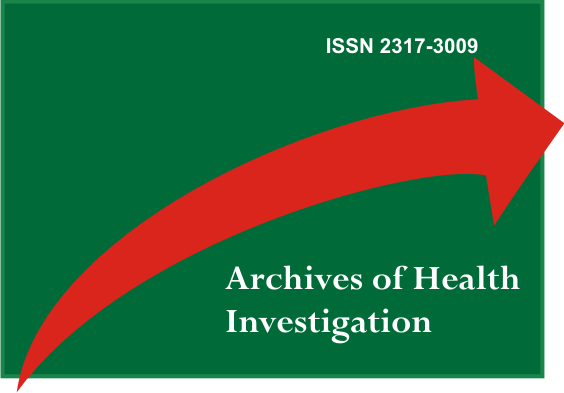Influence of the biomimetic surface treatment on bacterial adhesion of the Ti30Ta alloy
Resumo
In the present work, bacterial biofilm formation after surface treatment was evaluated for Ti30Ta alloy. Ingots were obtained in arc furnace under an argon atmosphere and they were homogenized under vacuum at 1100ºC for 86.4 ks to eliminate chemical segregation. For biomimetic surface treatment, samples were immersed in NaOH aqueous solution (1.5 M) and treated at 300 ºC. Followed, samples were immersed in SBF (Simulated Body fluid) for apatite growth. Biofilms were grown in Ti-30Ta discs immersed in sterile brain heart infusion broth (BHI) containing 5% sucrose , inoculated with microbial suspension (106 cells/ml) and incubated for 5 days. Next, the discs were placed in tubes with sterile physiological solution 0,9% sodium chloride (NaCl) and sonicated for to disperse the biofilms. Ten-fold serial dilutions were carried and aliquots seeded in selective agar, which were then incubated for 48h. Then, the numbers CFU/ml (log10 ) were counted and analyzed statistically. Scanning electron microscopy (SEM) on discs with biofilms groups was performed.Palavras-chave
dental implants; biofilms; titanium
Downloads
Não há dados estatísticos.
Downloads
Publicado
2013-04-16
Como Citar
Kimaid, M. I. E., Souza, M. A., Pereira, C. A., Jorge, A. O., Alves-Rezende, M. C. R., & Alves Claro, A. P. R. (2013). Influence of the biomimetic surface treatment on bacterial adhesion of the Ti30Ta alloy. ARCHIVES OF HEALTH INVESTIGATION, 2(2-Supp.1). Recuperado de https://archhealthinvestigation.emnuvens.com.br/ARCHI/article/view/113


